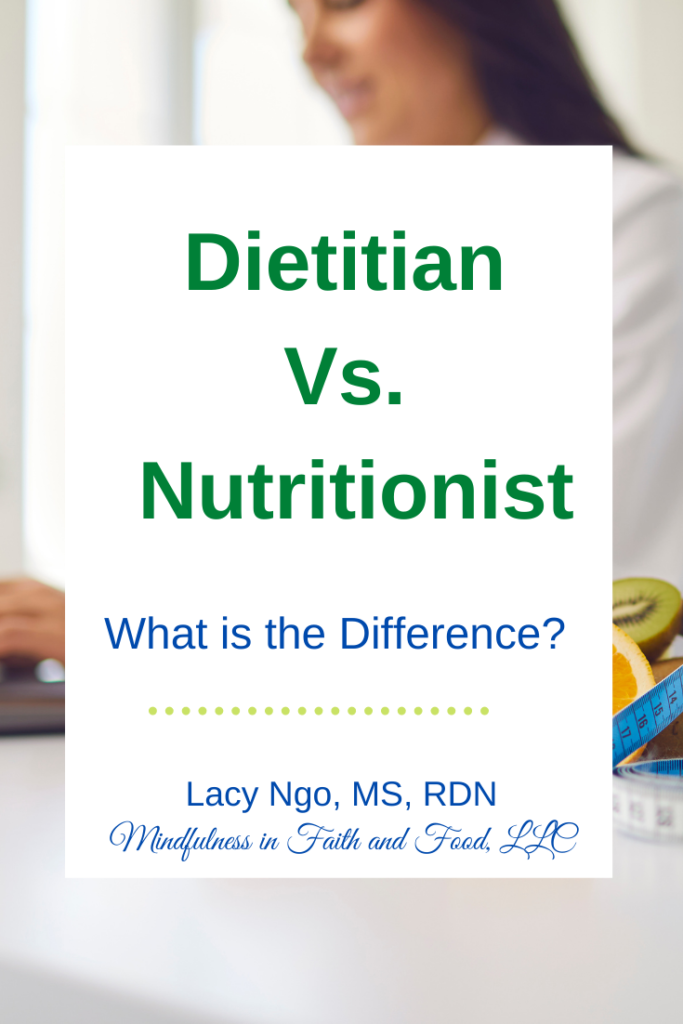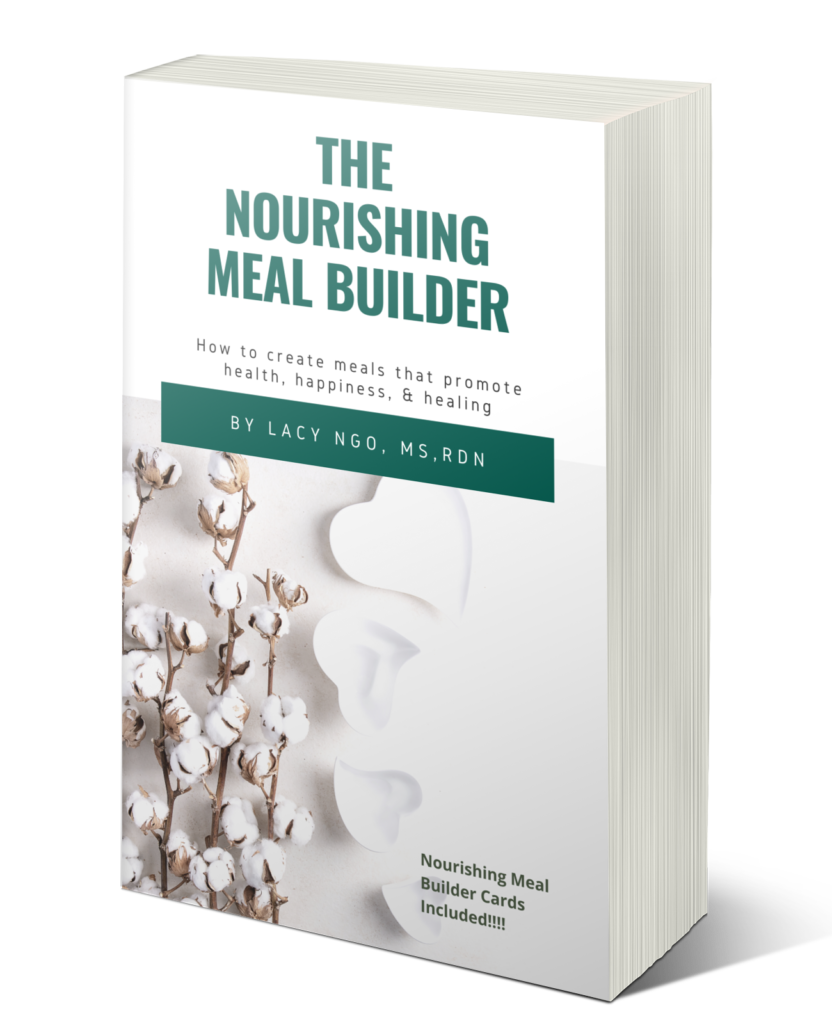When you begin a health journey, one of the first questions you need to ask yourself is “where to get reliable nutrition information?” Some of the best resources are often organizational websites like The American Heart Association, or the Heart 2 Heart Foundation, or from websites and books written by a registered dietitian. Here is why…
This may site contains affiliate links (See full disclosure here.)
Note this is in the United States, some other countries actually use the word nutritionist for what we call a dietitian.
A registered dietitian (RD), also called a registered dietitan nutritionist (RDN), by definition, is considered the expert in the field of nutrition science. The term registered dietitian is regulated much like the terms doctor or lawyer. The terms nutritionist and health coach, however, are not regulated and has a more general meaning. In other words, you are not allowed to call yourself a doctor unless you are a doctor, and you cannot call yourself a registered dietitian unless you have completed all the academic and professional requirements to become one. Whereas legally, anybody can call themselves a nutritionist or health coach.
Dietitians, nutritionist, and health coaches can all bring something to the kitchen table, but you will need to do research to determine what credentials a health coach or nutritionist has. Some health coaches and nutritionist will have some formal training or some type of certifications, while others will not. Dietitians will also have different levels of knowledge and experience, but when you see an RD or RDN beside someone’s name you will know that they have obtained the following education…
Requirements for a Registered Dietitian
So what are the requirements? Is there some kind of certification you need to be a registered dietitians?
While there may be some types of short programs you can take to become a certified nutritionals, it takes years to become a registered dietitian.
To become an Registered Dietitian you must:
- Complete a Bachelors Degree at a college accredited by the Commission of Accreditation of Dietetic Education. Some of the required courses generally included are:
- Microbiology
- Medical Nutrition Therapy
- Biology
- Chemistry
- Organic Chemistry
- Anatomy and Physiology
- Evidence Base Nutrition
- Human Nutrition and Metabolism
- Nutrition Counseling
- and more
2. Complete 1200 hours of a competitive internship (The internship is usually completed in hospitals, community service agencies, medical clinics, etc)
3. Pass the CDR Exam
Once you have received your Bachelors Degree AND completed the intensive internship program; then, you must take an intensive exam.
4. In addition, by 2024, all register dietitian will be required to have a master’s degree as well. Many RD’s already do.
5. Throughout their career, registered dietitians must complete Continuing Education Units to keep their registered dietitian credentials and stay up-to-date in nutrition science.
So when you are looking for nutrition information online or in books, you can see why it is a plus when the information comes from a registered dietitian. I want to preface here that just because an RD is considered the expert, doesn’t mean you can’t get great nutrition information and advice from non-dietitians. People who have a passion for nutrition or people who have discovered something that works for them can write insightful nutrition books, and not all dietitians are created equal. What you do know when you see the RD or RDN beside someone’s name is that they have had years of extensive education in nutrition.
Many health and wellness enthusiasts, nutritionist and health coaches have done extensive research on their own and have valuable information, but if you are getting advice from non-dietitians, I would recommend looking for the following:
- Are they getting their information from a Registered Dietitian? Are they seeing what multiple registered dietitian have to say about the topic before giving advice?
- Do they know when it is time to refer their clients to a registered dietitian? Many informed people have general nutrition knowledge, but when a client or customer needs medical nutrition therapy; then, your client may need a dietitian. Dietitians are trained in nutrition as it relates to diseases, drug-food interactions, tube feeding, enteral nutrition (nutrients through the veins), and various other medical conditions. These topics can get complicated and even be dangerous if incorrect information is given.
For example, someone may tell a client to eat more bananas because bananas are healthy, after all, BUT if a person has kidney failure and is on dialysis, too many bananas could put someone in the hospital or worse!
Lacy Ngo, MS, RDN is a licensed registered dietitian with a Masters of Science in Human Nutrition from Clemson University. Lacy is also the owner of Mindfulness in Faith and Food, LLC and author of several books including The Nourishing Meal Builder.

Products you May Like

Related Posts
Books for Registered Dietitians by Registered Dietitians
Sports Nutrition Books written by Registered Dietitians
Weight Loss Books Written by Registered Dietitians
Nutrition Books for Specific Conditions Written by Registered Dietitians
Healthy Living Books Written by Registered Dietitians
Copyright © 2020 Mindfulness in Faith and Food, LLC.
